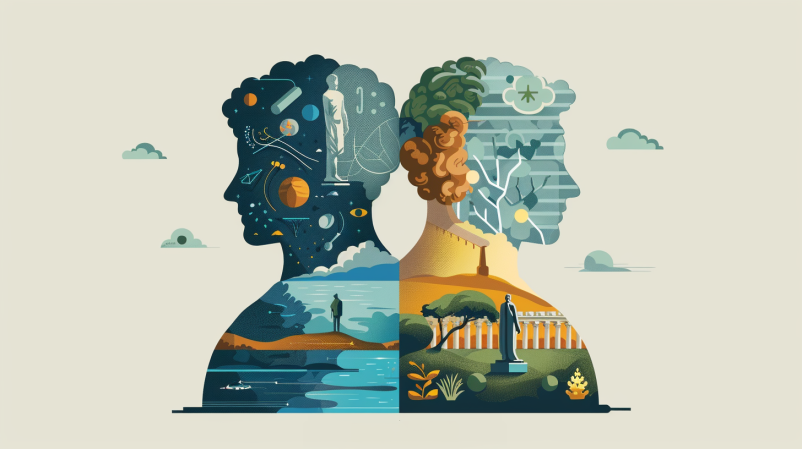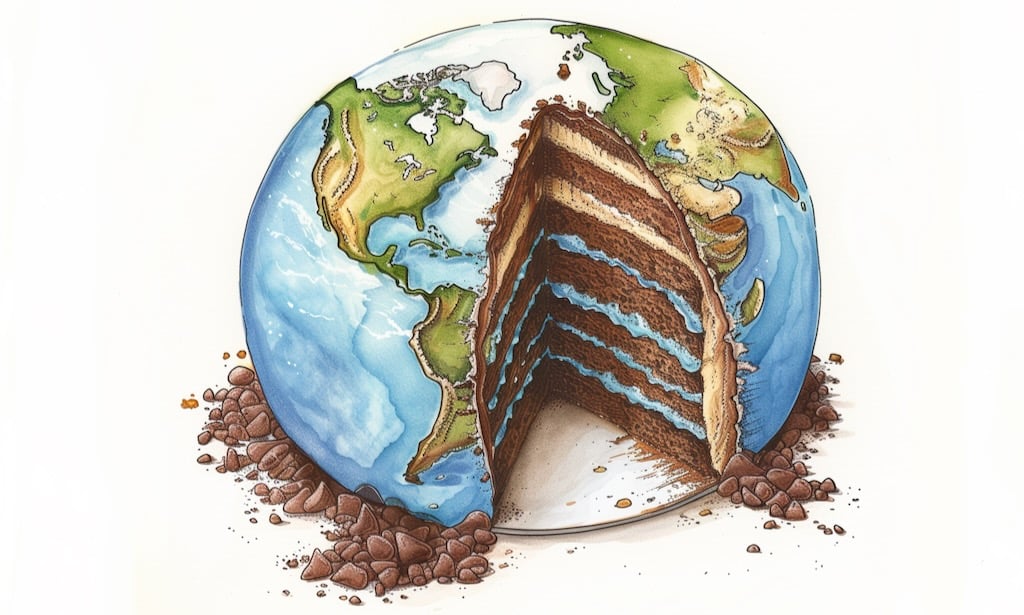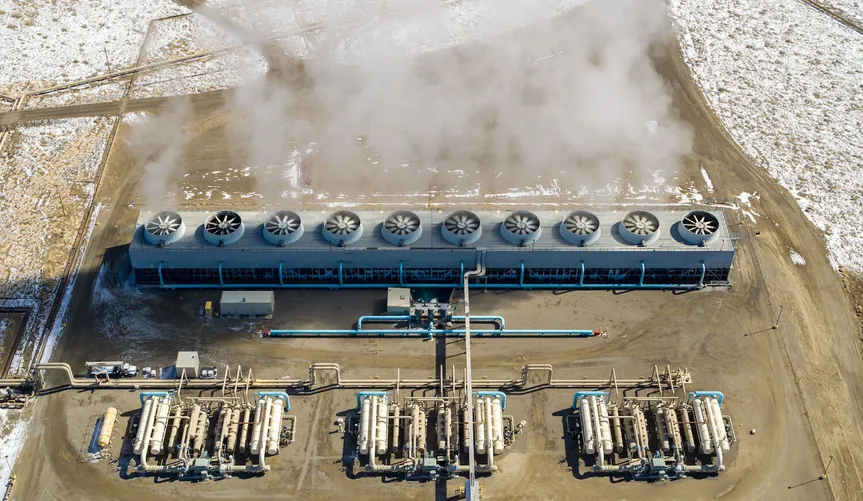One thing about the immune system is its response to emotion. The mind-body connection is very responsive to good feelings, especially love. And the somatic implications of love are large for your immune system. It is not only one of the biggest organ systems of the human body, but it is also responsible for critical functions like protection from infection, responses to inflammation and reproductive health.
For example, the immune system during pregnancy is geared to warding off infection so that the fetus is fully protected during the nine months that it sits in a mother’s womb, and there is evidence that intimate love making prior to conception sets the stage for conception.

Studies in women suggest that falling in love enhances immune functions. Women who have fallen in love have increased activity of genes involved in anti-viral defenses and greater resistance to infection. The mind-body-soul connections are critical to the benefits of intimacy and love.
The immune system depends on compatibility of partners. There is something called the histocompatibility, or genetic similarity or dissimilarity. People who are genetically dissimilar are likely to have better reproductive outcomes. Tissue individuality prefers that we mate with people who are totally different. People who are genetically similar have difficulty with pregnancy and outcomes. Lovemaking is better with someone genetically different.
Loneliness is one major predictor of mortality that can be related to inefficient immune responses, and people who lack a partner are 58 percent more likely to die. This was a major issue during the COVID-19 pandemic when people who were isolated suffered greatly from depression and other maladies. Married people or people who live together have fewer doctor visits and less alcohol and drug abuse. But you don’t have to be married to benefit from companionship and socialization; a partner who you love will suffice.

Oxytocin, or the “love hormone,” is released during hugging an individual or even a pet. This hormone, which is part of the neuroendocrine system, is released in large amount during intimate events, such as kissing, hugging and love making. This hormone promotes the development of the thymus gland (the seat of T cell beginnings) and the bone marrow. It also provides immune surveillance, strengthens immune defenses and maintains homeostasis or critical balance of protection. The hormone also promotes wound healing and suppresses stress-associated immune disorders; this occurs after every single simple expression of love.
Another hormone called prolactin, well known as the hormone that stimulates milk production in a mother’s breasts, is critical for the bond between parents of a child. But the hormone does more; it is associated with bonding and love between partners making it, just like Oxytocin.
Some of the data from primates indicates that it is strongly secreted in monogamous relationships. In monkeys, the hormone prolactin correlated with sexual activity and cuddling between adults. The authors of a large study indicated that the two hormones, oxytocin and prolactin, had parallel activities.
The rewards of both hormones were reinforced by a German study which indicated that while making love, there was a burst of both hormones at orgasm. Since both are critically important to immune function, as well as insuring major behavioral benefits like happiness and joy, it might be good to recognize that love has bigger and better benefits to our physiology than previously thought.
Finally, the microbiomes of people in love are altered. You probably find it hard to believe that a population of trillions of organisms in each of our bowels responds to love in any form and is vital to the function of the immune system. While that might be difficult to grasp, it is apparent from studies about the human biome that it is critical to such things as immune maturation, the effectiveness of vaccines and how we handle infections. For example, men who have sex with men have different biomes than men who have sex with women, another example of the complexity of our bodies. Older people have different biomes than younger people, and microbiomes vary with behavior like depression and joy.
From all that I have said, Valentine’s Day could be very special for your immune system and other parts of your physiology.
Four Things You Should Do
1. Hug and kiss someone this Valentine’s Day—be they young or old. It’s good for you and for them.
2. Love someone intimately by cuddling and having sex with them, knowing that you are not only loving them, but enriching their biology.
3. Make sure that your nutrition is up to par, by eating yogurt, or other well-known pre- or post-micro biotics, especially if you are in a great relationship.
4. If you cannot make love to a person, hug a pet. A companion does not have to be human, and it can achieve similar results.
Dr. Robert G. Lahita MD, PhD (aka “Dr. Bob”) is a renowned doctor and the Director of the Institute for Autoimmune and Rheumatic Disease at Saint Joseph Health in Paterson, N.J. He is also the author of IMMUNITY STRONG: Boost Your Natural Healing Power and Live to 100, which is available for order here.







